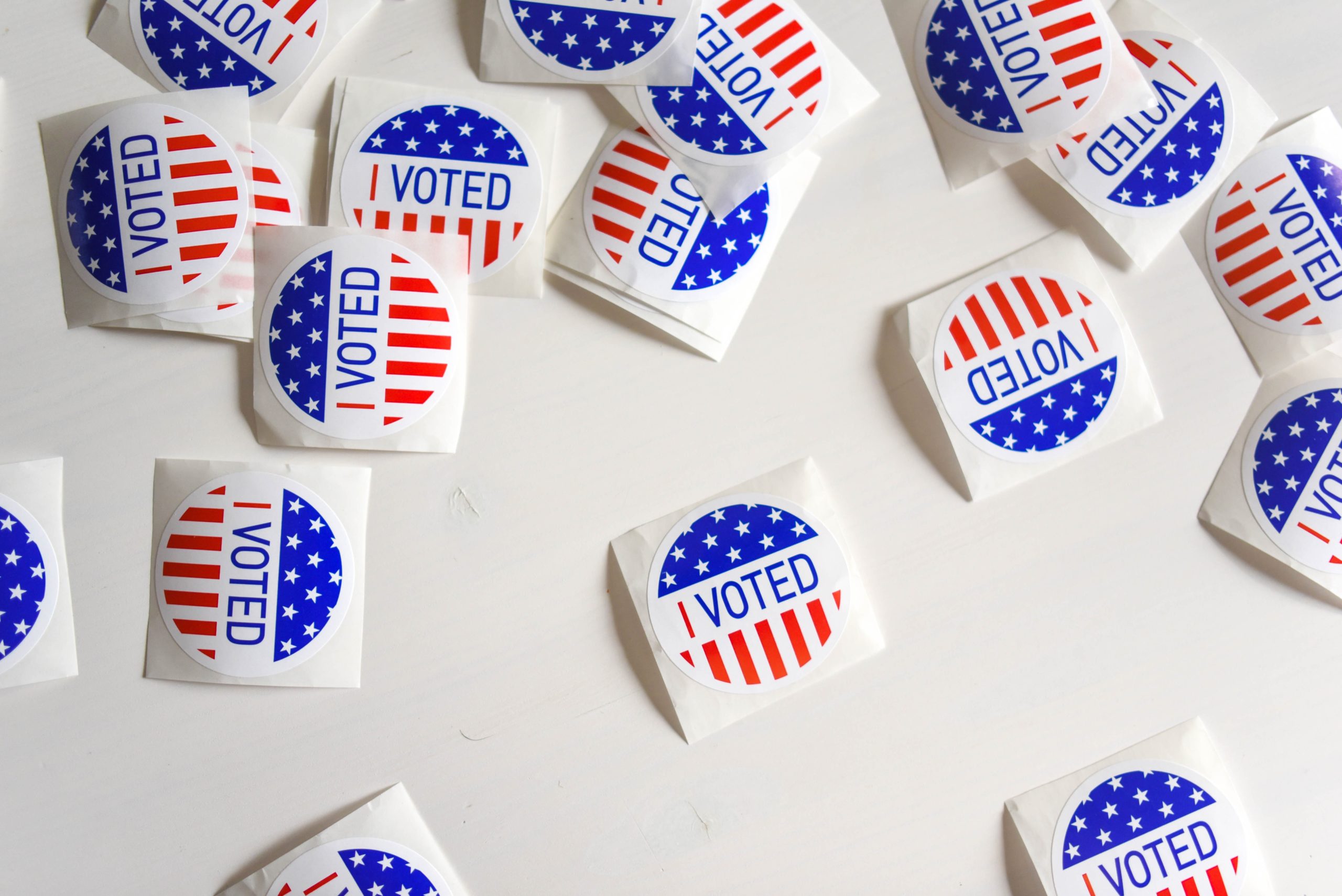
Appeals Court Rules Felons Can’t Be Barred From Voting Over Fines
It’s been estimated that more than 1.4 million Florida residents are ineligible to vote because of past felony convictions. For more than a century, Florida law denied that right to anyone convicted of a felony offense. And even though Florida voters decided to lift that restriction, it’s not all clear if those residents will be able to head to the polls this presidential election year.
In 2018, a solid majority of Floridians voted to approve Amendment 4, a ballot referendum to automatically restore to ex-felons the right to vote after their release from prison. But right now, many ex-felons who should be free to vote are caught in a legal quagmire. And while advocates for ex-felon voting just scored a legal victory in federal court, it’s not clear if this decision will quickly establish full voting rights.
What Have the Courts Decided About Ex-Felon Voting in Florida?
In 2018, 64% of Florida voters approved an amendment to Florida’s constitution to allow convicted felons to vote. Before that, ex-felons had to petition the state’s Clemency Board to restore their voting rights. Approval of the measure immediately restored the voting rights of more than a million Florida residents with criminal charges.
However, Florida’s Legislature voted to require that ex-felons pay off any restitution, court fees, or fines before they could regain the right to vote. Advocates for ex-felons cried foul, noting that this language wasn’t contained in the ballot referendum, went against the express will of the voters, and was an obvious attempt to dilute the impact of the measure. They went a step further and challenged the bill, signed by Governor Ron DeSantis, in court.
The courts have sent mixed signals. Florida’s Supreme Court upheld the law, but a federal district court took the opposite view and issued an injunction, ruling in favor of 17 former felons who had sued the state. Why did the two courts come down on different sides of this issue?
How Have the Courts Treated Florida’s Amendment 4?
After the Florida Legislature imposed the new rules on ex-felons, a district court temporarily halted them from going into effect, arguing that it was unfair to ex-felons who were simply too poor to do so.
U.S. District Judge Robert Hinkle issued a preliminary injunction against the law and scheduled it for a non-jury trial in April. Myrna Pérez, director of the Voting Rights and Elections program at the Brennan Center for Justice, called that ruling a big win for ex-felons and added, “You can’t condition the right to vote on a person’s wealth.”
The DeSantis administration asked the Florida Supreme Court to rule on the merits of their law, and the state’s top court ruled that Amendment 4’s requirement that “all terms of sentence” be completed included settling all financial legal obligations first.
The case got murkier recently when a panel of judges from the 11th U.S. Circuit Court of Appeals upheld Hinkle’s order, finding that the ex-felons challenging the Legislature’s new rule were likely to succeed in proving the state had violated the Constitution’s equal protection clause. The appeals court also ruled that the financial obligation requirement “punishes those who cannot pay more harshly than those who can.” The court indicated it wanted Florida to make a good faith effort to ensure that no felon would be prevented from voting due to that individual’s inability to pay legal financial obligations.
The court also concluded that based on the evidence that was presented, it seemed clear that a majority of ex-felons would be unable to pay those legal financial obligations before Florida holds its elections this year.
Can Ex-Felons Vote Again in Florida This Year?
Gov. DeSantis disagreed with the ruling and requested a review from the full 11th Circuit Appeals Court. Until that’s done, the injunction against the law is on hold, and ex-felons are still required to pay off all legal obligations before they can vote. Desmond Meade, president of the Florida Rights Restoration Coalition, which advocated for Amendment 4, told supporters on Facebook that this issue may not be resolved anytime soon.
A study released last August by Dan Smith, a political science professor at the University of Florida, concluded that up to 80 percent of the state’s ex-felons have left prison with some sort of legal financial obligation.
Fight Felony Charges in Orlando and Central Florida
Unfortunately, most people facing criminal charges don’t understand the far-reaching consequences of a felony conviction until much later in their case. A felony conviction can hurt many aspects of your life and void constitutional rights such as the right to bear arms. In Florida, you could even experience complications casting a ballot.
At The Umansky Law Firm, we have been recognized by Florida Trends as a Florida Legal Elite law firm. Our team has more than 100 years of combined experience defending state and federal felony offenses in Orlando and throughout Central Florida. We understand what’s at stake at this difficult time and will do our best to help you reduce the charges and potential penalties you might face. Call or complete this contact form to receive a free consultation.


